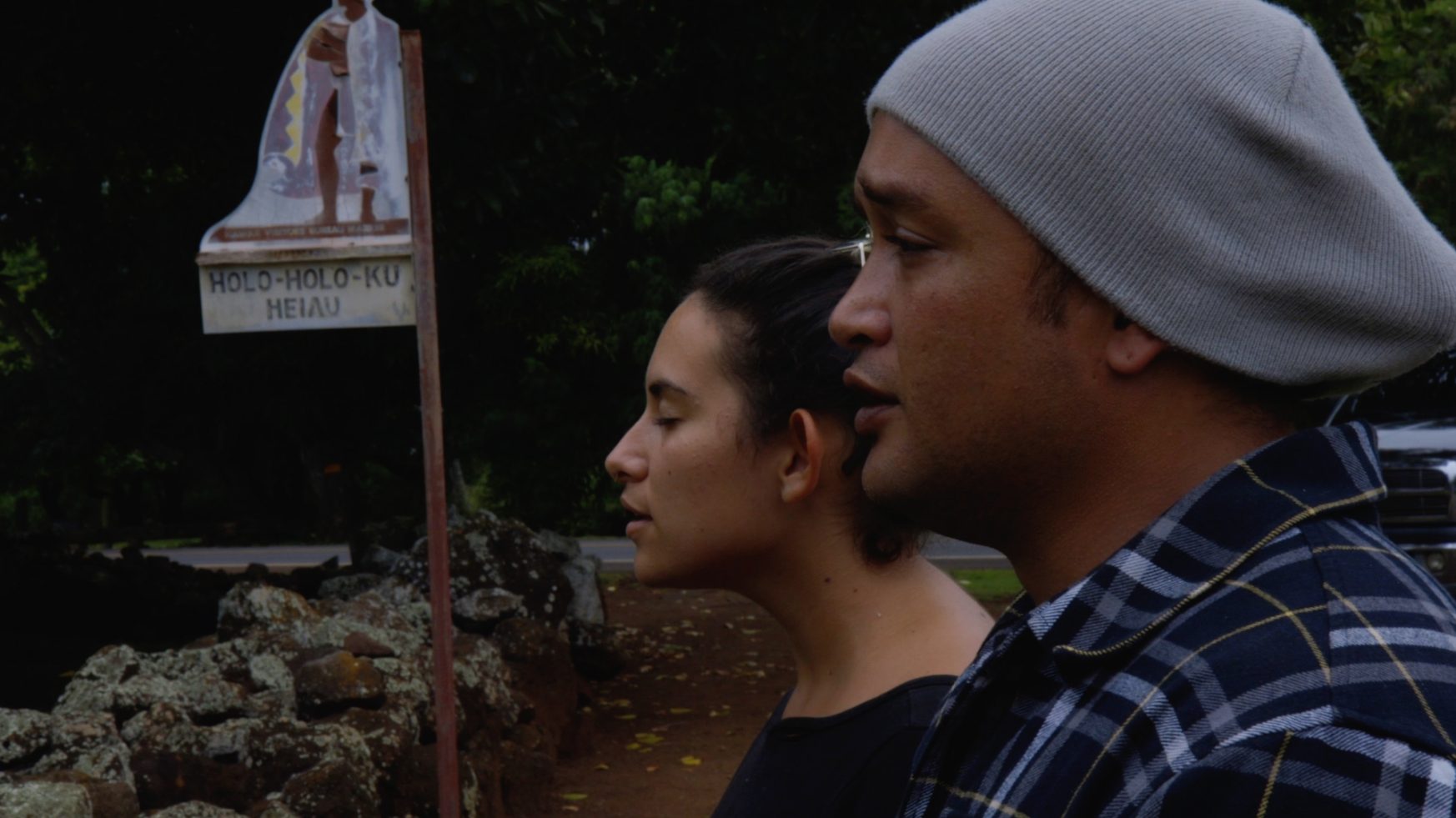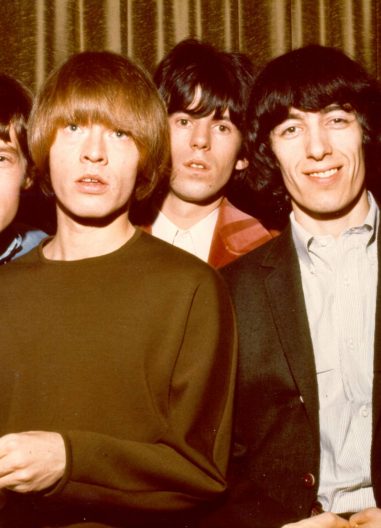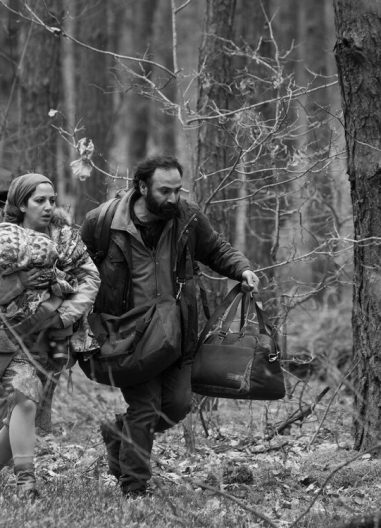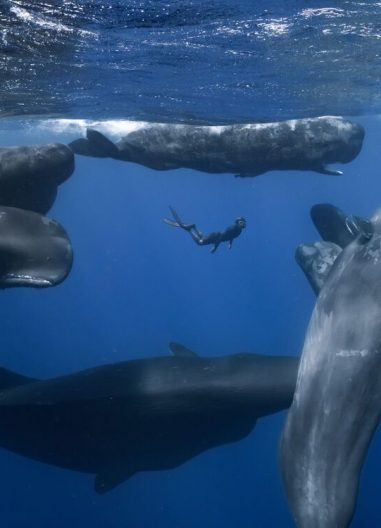Cane Fire
Redacteur en filmmaker Anthony Banua-Simon gaat op zoek naar de verloren Lois Weber-film Cane Fire die op het Hawaiiaanse eiland Kaua’i is opgenomen. De film uit 1934 bevat mogelijk het enige bewegende beeld van zijn overgrootvader Alberto, een Filippijnse plantagearbeider die figureerde op de set. Banua-Simon realiseert zich al snel dat er een veel belangrijker verband is tussen de plantage en de filmindustrie. Banua-Simon’s Cane Fire onthult hoe cinema de weg heeft vrijgemaakt voor de Amerikaanse regering en de vijf families die de plantages op Hawaï controleerden om hun wurggreep over de archipel te vergroten. Films zoals Elvis Presley’s Blue Hawaii verkochten een beeld van Kaua’i als een paradijs waarin de lokale bevolking naar de achtergrond werd geduwd. Toen het toerisme de suikerriet- en ananasplantages verdrong, ging de uitbuiting in een nieuwe gedaante door. Het filmessay van Banua-Simon is een woedend, maar overtuigend familieportret op een eiland dat nog steeds worstelt met de bevrijding van generaties kolonialisme.
Editor turned filmmaker Anthony Banua-Simon set out to find the lost Lois Weber film Cane Fire, which was shot on the Hawaiian island of Kaua’i. The 1934 talkie might contain the only moving image of his great-grandfather Alberto, a Filipino plantation worker who was an extra on the set. Banua-Simon quickly realizes that there is a far more significant connection between the plantation and the film industry. Banua-Simon’s Cane Fire meticulously reveals how cinema helped pave the way for the US government and the five families that controlled the plantations on Hawaii to increase their stranglehold over the archipelago. Films like Elvis Presley’s Blue Hawaii sold an image of Kaua’i as a paradise in which the locals were pushed into the background. As tourism supplanted sugarcane and pineapple plantations, the exploitation continued under this new guise. Banua-Simon’s film essay is a convincing and enraging portrait of a family and an island struggling to overcome generations of colonialism.
Kies tijdstip
- filmspecial
Redacteur en filmmaker Anthony Banua-Simon gaat op zoek naar de verloren Lois Weber-film Cane Fire die op het Hawaiiaanse eiland Kaua’i is opgenomen. De film uit 1934 bevat mogelijk het enige bewegende beeld van zijn overgrootvader Alberto, een Filippijnse plantagearbeider die figureerde op de set. Banua-Simon realiseert zich al snel dat er een veel belangrijker verband is tussen de plantage en de filmindustrie. Banua-Simon’s Cane Fire onthult hoe cinema de weg heeft vrijgemaakt voor de Amerikaanse regering en de vijf families die de plantages op Hawaï controleerden om hun wurggreep over de archipel te vergroten. Films zoals Elvis Presley’s Blue Hawaii verkochten een beeld van Kaua’i als een paradijs waarin de lokale bevolking naar de achtergrond werd geduwd. Toen het toerisme de suikerriet- en ananasplantages verdrong, ging de uitbuiting in een nieuwe gedaante door. Het filmessay van Banua-Simon is een woedend, maar overtuigend familieportret op een eiland dat nog steeds worstelt met de bevrijding van generaties kolonialisme.
Editor turned filmmaker Anthony Banua-Simon set out to find the lost Lois Weber film Cane Fire, which was shot on the Hawaiian island of Kaua’i. The 1934 talkie might contain the only moving image of his great-grandfather Alberto, a Filipino plantation worker who was an extra on the set. Banua-Simon quickly realizes that there is a far more significant connection between the plantation and the film industry. Banua-Simon’s Cane Fire meticulously reveals how cinema helped pave the way for the US government and the five families that controlled the plantations on Hawaii to increase their stranglehold over the archipelago. Films like Elvis Presley’s Blue Hawaii sold an image of Kaua’i as a paradise in which the locals were pushed into the background. As tourism supplanted sugarcane and pineapple plantations, the exploitation continued under this new guise. Banua-Simon’s film essay is a convincing and enraging portrait of a family and an island struggling to overcome generations of colonialism.










